Unpacking Schmachtenberger’s War on Sensemaking Series
Last update: Mar 2024
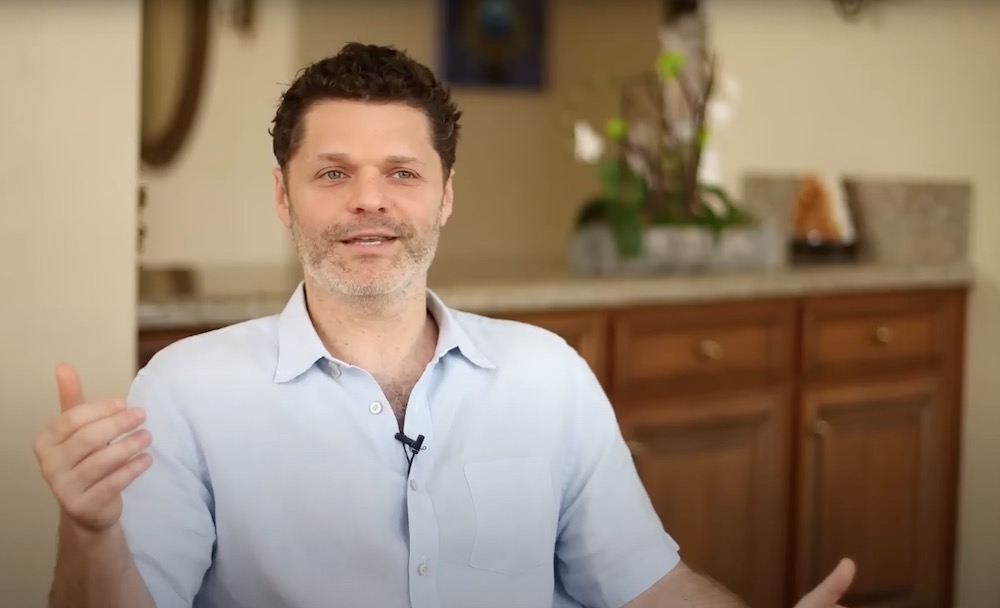
Table of contents
- Unpacking Schmachtenberger’s War on Sensemaking Series
1. Introduction
In the War on Sensemaking video series, Daniel Schmachtenberger explores the broken information ecology and how we can improve our sensemaking.
This write-up (draft) introduces my main takeaways from the first episode in the series. I tried to thematically organize my initial notes to create a clearer narrative that introduces, analyzes, and proposes solutions to the problems associated with information warfare. 1
Sense-making is the process by which we make sense of the world, especially complex situations for which there are usually no simple, apparent explanations. ~ David Gurteen
Sensemaking is about creating space for listening, reflection and the exploration of meaning beyond the usual boundaries, allowing different framings, stories and viewpoints to be shared and collectively explored. ~ Centre For Public Impact
The reason to become better sensemakers is to help understand (1) how and (2) why the truth is often distorted, either unintentionally or on purpose.
Knowing the truth (as much as possible) will help us make more meaningful decisions for ourselves, our families and friends, sociocultural and economic communities, our countries, the ecosystem, etc.
Themes
(1) Problem: Broken Information Ecology and Information Warfare
The concepts of a broken information ecology and information warfare are introduced as problems, highlighting our challenges of recognizing truth in a landscape where information may be distorted or manipulated for various reasons. Daniel encourages us to be skeptical towards
- news, suggesting that they engage in narrative warfare rather than providing objective information. The narratives can be linked to politics, religion and market dynamics where information is strategically controlled to influence our opinions and behaviors. This can include broadcast and social media channels or even listening to an in-person presentation.
- academia, suggesting that there can be conflict of interest e.g. via cherry-picking data.
(2) Analysis: Information can be Representative, Truthful and Manipulative
The distinction between being representative (accurately reflecting reality), truthful (aligning with one’s beliefs causing unintentional distortion) and manipulative (distorting truth on purpose) is discussed, emphasizing the complexity of evaluating information.
(3) Solution: Practice Epistemology
To overcome the challenges of sensemaking in complex information environments, we need to practice better sensemaking for which Daniel makes a few suggestions e.g. to be comfortable with not understanding things.
2. Problem: Broken Information Ecology and Information Warfare
2.1 Can we trust politics, religions and the market?
Our daily news are mainly propaganda, part of narrative warfare.
Who narrates the information? Politics, religions, businesses? All of them?
Are they connected? Think about
- political lobbying by businesses
- religious influence in politics (e.g. linked to abortion)
- corporate control of media outlets
Comparing news can help us see the same information from different political perspectives. 2
We should strive to access information that is high in signal (truth) and low in noise (distortion).
2.2 Can we trust academia?
One might assume that academia is reliable, but is it?
There have been instances of academic distortion e.g. via cherry-picking data.
Why?
- corporate funding of research e.g.
- just want to get papers published fast to be able to apply for funding
More on this from Andy Stapleton:
- The Academic Fraud Epidemic - The Alarming Reality
- Bribes and Betrayals: Academia’s Elite Corrupted! [Scientific Fraud!]
- The Alarming Trend in Ivy League Admissions…
3. Analysis: Representative, Truthful and Manipulative
3.1 How is truth (base reality and objective truth) communicated?
Where is the noise (distortion) added to the signal (truth)?
When truth (base reality) is communicated, it can be
- representative (the most accurate representation of the truth)
- truthful (the sender believes it is true, but it is distorted)
- manipulative
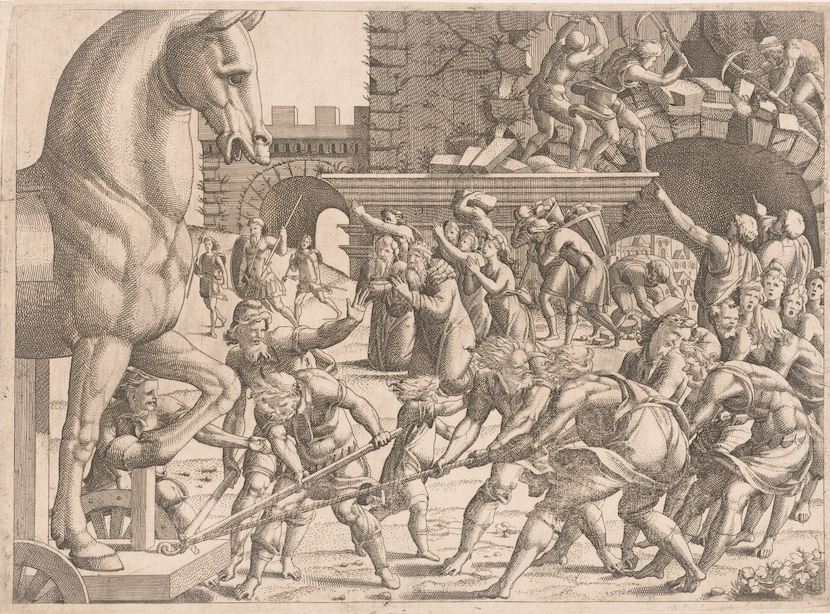
Keep in mind that (1) withholding information and (2) the receiver’s perception of the signal (through their biases) can also lead to distortion.
We don’t engage with base reality (signal/truth) because we
- can’t be everywhere where something important is happening (e.g. in Israel and Gaza)
- don’t have time to consume and then analyze the original data (e.g. a two-hour-long interview with the president)
So, we proxy our sensemaking i.e. we form our understanding using the summaries and opinions of people we trust.
Everything [news, research outcomes] should be as simple as it can be, but not simpler. ~ Einstein
Do we follow this advice? Do the people we trust follow this advice?
Oversimplified news (e.g. sound bytes, tweets) are quite often not ‘simple’ but ‘simpler’ i.e. distorted versions of the truth.
Also, consider how your sensemaking is ‘guided’ by e.g. typography, tone, choice of words and additional music (compare Lee vs Norris here and there).
Attention and clear (objective) thinking require training. Like a muscle, it needs to be stressed e.g. by doing your own research.

So, the good news is that sensemaking can be developed.
The bad news is, that people in general, don’t care about developing it because
- they already decided what to believe in or
- they gave up trying to understand deeper structures of reality
Most people can’t handle the cognitive complexity of base reality and still make a living i.e. we don’t have time and energy to do good sensemaking as well as feed the kids.
Unfortunately, Daniel says, “giving up on sensemaking is kind of an expression of a type of nihilism [which] feeds into further nihilism”.

3.2 Why is the truth distorted?
Distorting information is not human; animals and plants do it too.
We humans started distorting more with abstract signals e.g. via writing.
Exponential technology can misinform exponentially i.e. the faster the technology grows (like social media or AI-driven applications), the faster misinformation can spread if not properly managed.
A detailed study on the evolution of deception can be found here.
We distort base reality i.e. lie for different reasons e.g. there is a difference between a company hiding its pollution, someone writing good comments on his friend’s bad essay, tricking others in poker or football games or lying to children about Santa.
Compare how deepfakes are used in politics.
Political parties, religions and businesses are interested in ‘helping’ us understand base reality. There are often many of them so they are fighting for our attention. This leads to information warfare. (In a totalitarian country the situation is different.)
Governments, businesses, people use game theory (mathematical models of strategic interactions) to compete with each other.
He talks about genetics and memetics in relation to how people adapt and mutate information.
Example (religion): Jesus’ key message was forgiveness, even though he was being crucified.
Father, forgive them, for they do not know what they are doing.
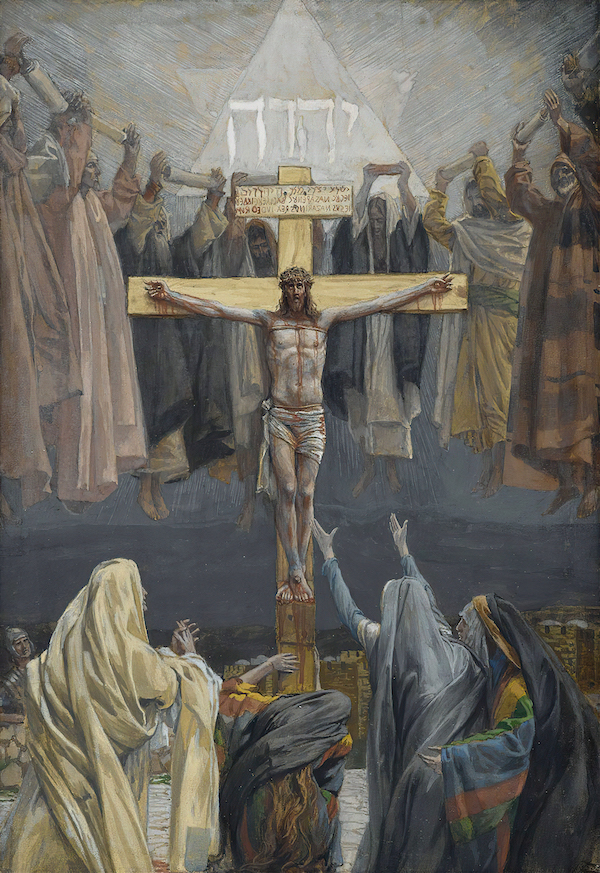
But Christianity, in Jesus’ name, went on crusades and tortured people through the inquisition.
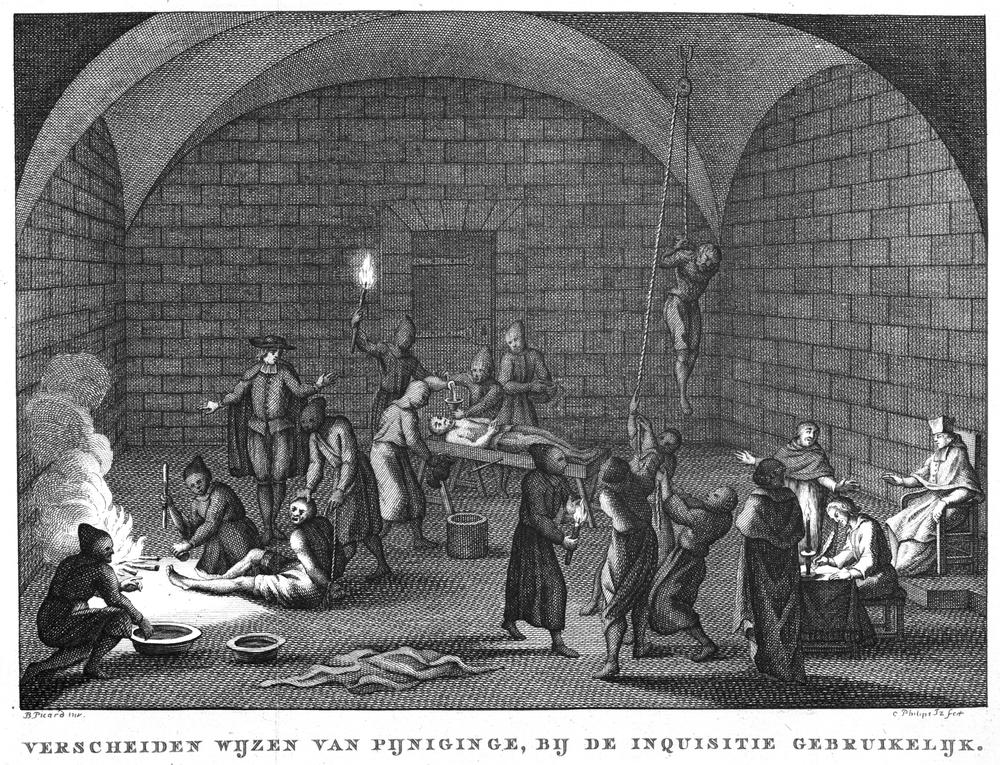
Daniel says that true understanding (of base reality) is complex and therefore difficult to advertise. People don’t want to (or can’t) spend enough time on ‘real thinking’, so ‘simpler’ versions of the truth can spread easier. ‘Simulated thinking’ requires less processing, is often reassuring (as its source is the in-group, the echo chamber) and is often presented in an stimulating form.
3.3 In-groups and out-groups
Daniel also talks about in-groups and out-groups and how they use propagator and protector memes in memetic ecosystems.
An example of a religious protector meme: “Faith is good, doubt, [critical thinking] is bad”
The problem is the partiality of our perspective; we often belong to an in-group and are informed in that group’s echo chambers.
Why? Leaving the group is uncomfortable, maybe even scary.
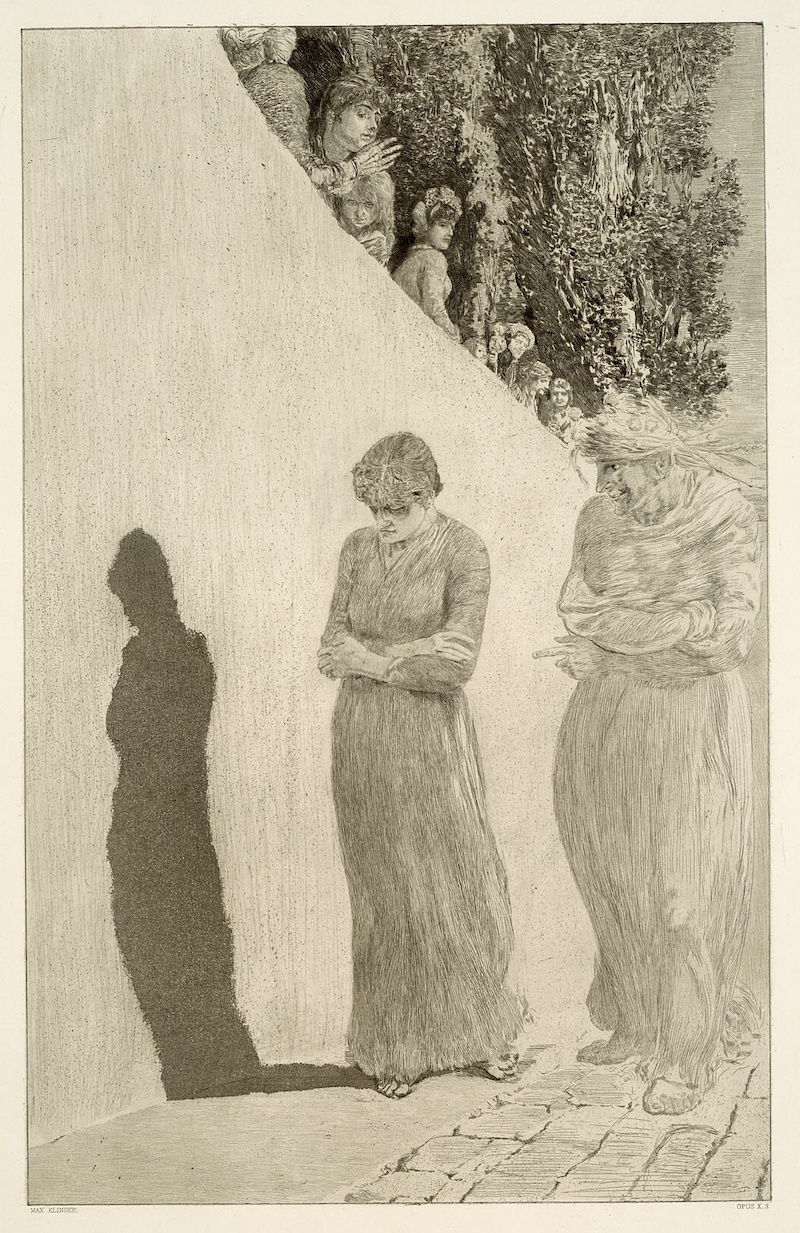
4. Solution: Practice Epistemology
Reality is complex, so what can help our sensemaking?
We should practice epistemology (the theory of knowledge) with a group of people we also want to practice this and whom we can trust.
In order to heal our information ecology we need to
- seek to understand before wanting to be understood
- feel the importance of understanding base reality (despite the pull of nihilism)
- understand that it is very complex (that there can be multiple perspectives) and that there is always more to learn (we should be humble, practice humility but also be brave when facing the unknown)
When perceiving information, we should try to understand
- why the sender is sending (e.g. to understand the reasons for a potential distortion)
- how much distortion is happening (e.g. by looking at the sources, references)
- all perspectives and find their common grounds (thesis + antithesis = synthesis). This is where we can gain higher order clarity.
- our own biases
- what holds us back when engaging with our out-groups, with the perspectives we find distorted (untrue)
- where we can practice this kind of sensemaking in groups (where we can be honest about how much we don’t know and about our doubts).
For I was conscious that I knew practically nothing… ~ Plato
Resources
- https://civilizationemerging.com/media/rebel-wisdom-war-on-sensemaking/
- https://www.facebook.com/danielschmachtenberger
- https://medium.com/rebel-wisdom/the-war-on-sensemaking-53710561afce
Tasks
- extend notes with sensemaking 2–4 … video analysis
- extend notes with a classification of forms of political government, the history of their evolution and how their perspectives can be linked to sensemaking
Log
- 2023-03-21 Revised the narrative and added figures, primarily using Museo. Grammar checked with Quillbot.
- 2023-03-19/20 Refined the narrative of the write-up and looked at adjusting it for an oral presentation.
- 2023-03-17/18 Revised notes in a computer file and looked for ways to thematically organize them. Also, asked an online AI to summarize transcript. I asked GPT3.5 to thematically analyze the AI summary. Then I compared my themes with the AI themes and adjusted my themes and narrative slightly.
- 2023-03-11 Took notes in physical notebook while listening to the talk. I made sure to highlight parts that were unclear and parts where I can contribute with my personal experiences. Photos 1, 2, 3.
Image Credits
- Daniel Schmachtenberger talking from the source video, produced by Rebel Wisdom (interviewer is David Fuller)
- Old Woman Reading, Probably the Prophetess Anna (1631) Rembrandt van Rijn
- Bringing in the Trojan Horse (1545) by Jean Mignon
- Bacchanal with a Drunken Bacchus, and Satyrs and Maenads (1527) Marcantonio Raimondi, after anonymous
- Simon the Cyrenian Compelled to Carry the Cross with Jesus (1886-1894) by James Tissot
- Various methods of torture used by the Inquisition (1775) by Jan Caspar Philips
- Shame, plate nine etching (1887) by Max Klinger
Footnotes
-
I extended my initial notes with additional research and personal examples. I plan to review the other episodes in the series and extend this write-up. ↩
-
The two main perspectives could be linked to the core beliefs of the political left and right. Or is it more complicated? The Good In Theory Podcast is an informative and entertaining show on the evolution of politics. ↩